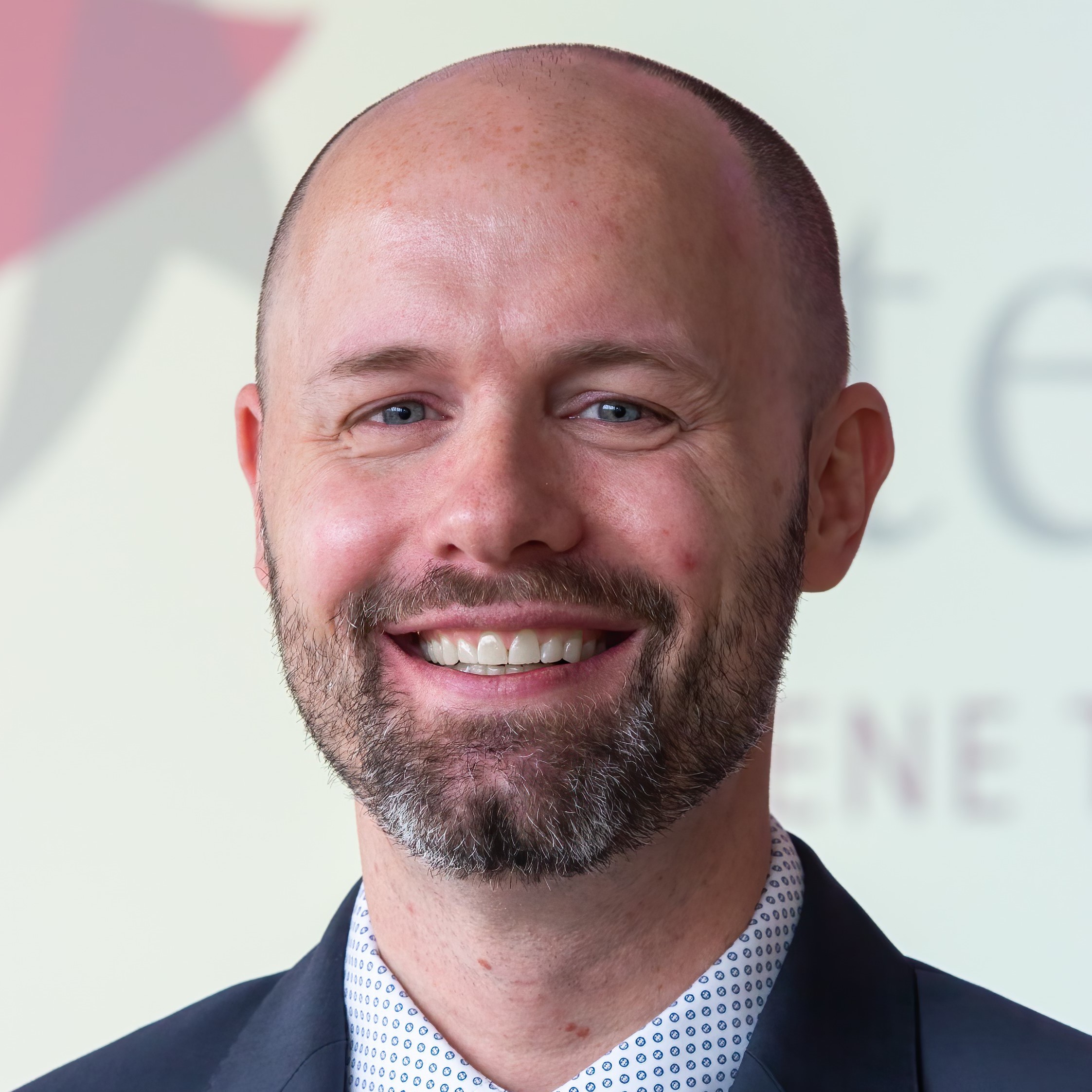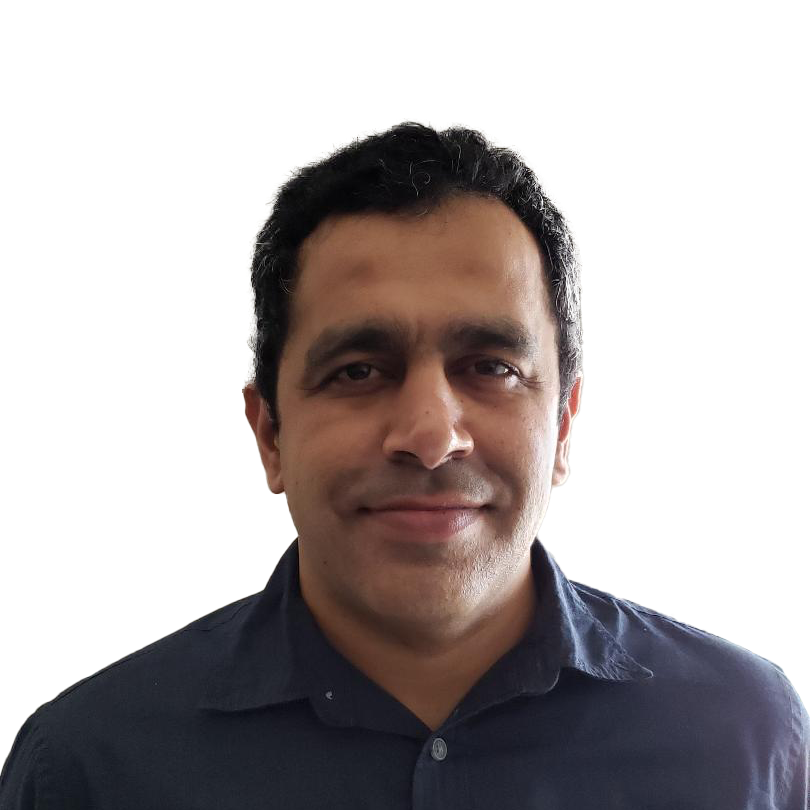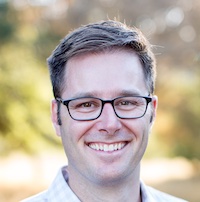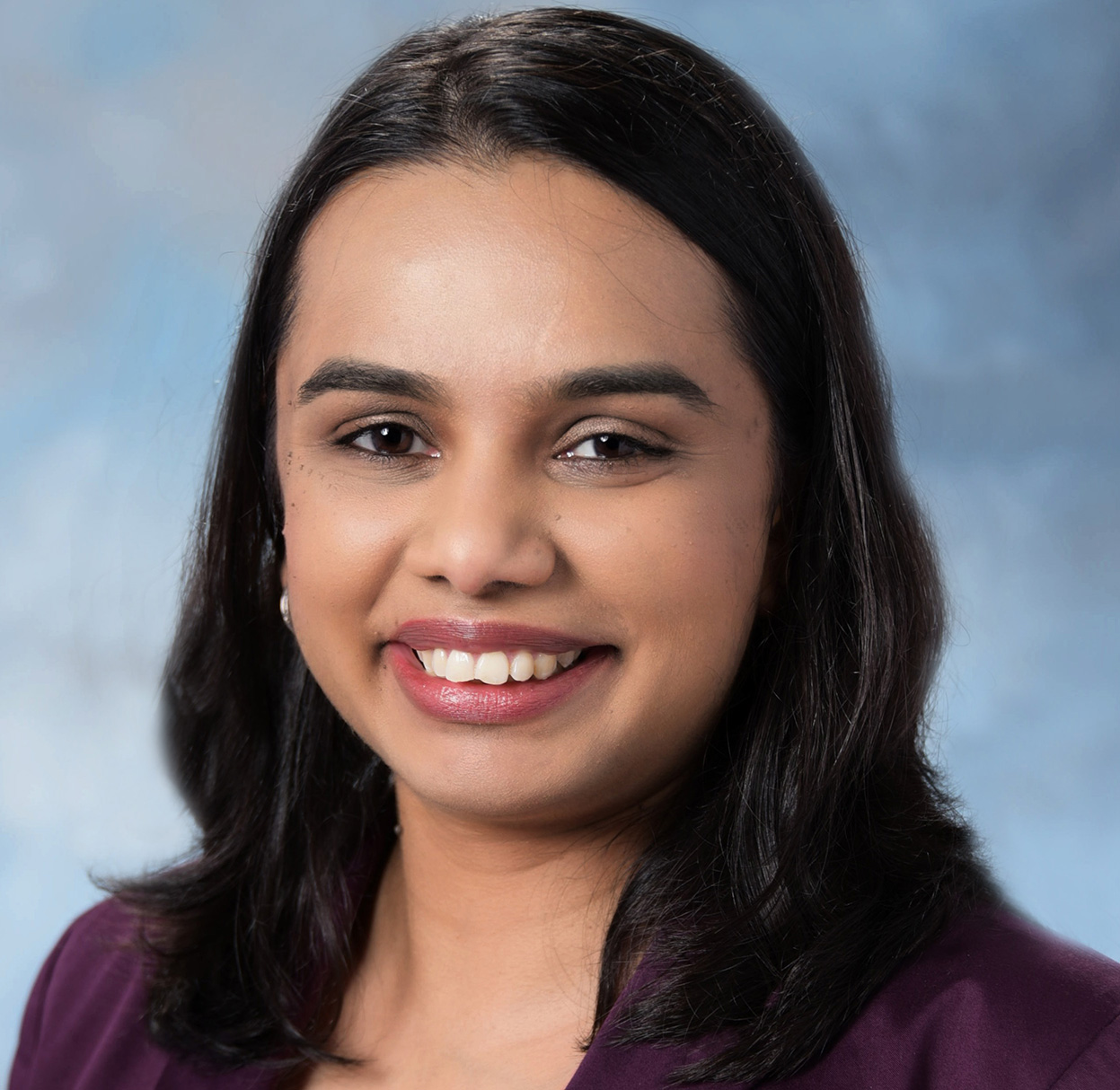Virtual Think-Tank on AAV vectors
10.18609/cgti.2022.161
The adeno-associated viral (AAV) vector-driven gene therapy field has experienced its fair share of ups and downs over the years but arguably, it has now reached its most significant tipping point. While clinical and commercial proof of concept have been achieved in the rare diseases space in recent times, including the landmark US FDA approvals of Zolgensma and Luxturna, lingering safety concerns and the challenges of product characterization (eg. around potency assay development) are significant obstacles that must be addressed if the future migration to larger patient populations is to be a success. In this Think-Tank, four sector experts discuss the key R&D, manufacturing, and regulatory trends and issues, sharing insights into the strategic and technological solutions required to move the AAV gene therapy field forward.




